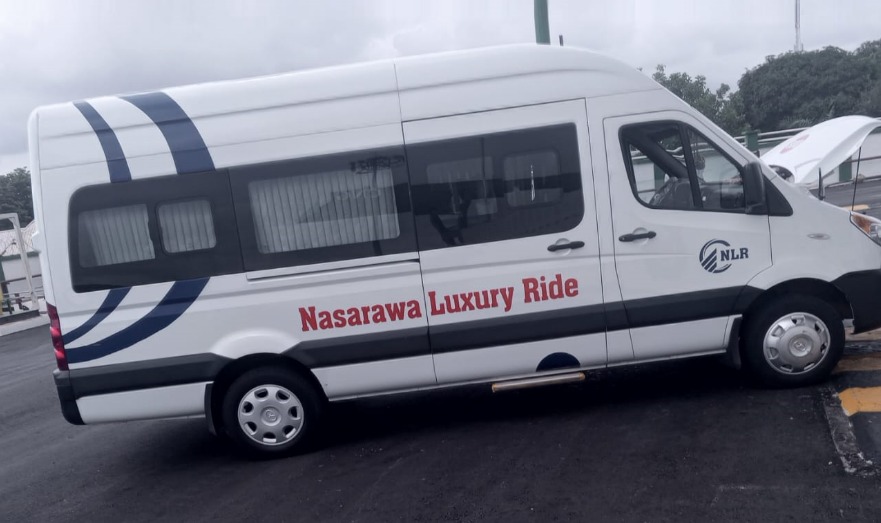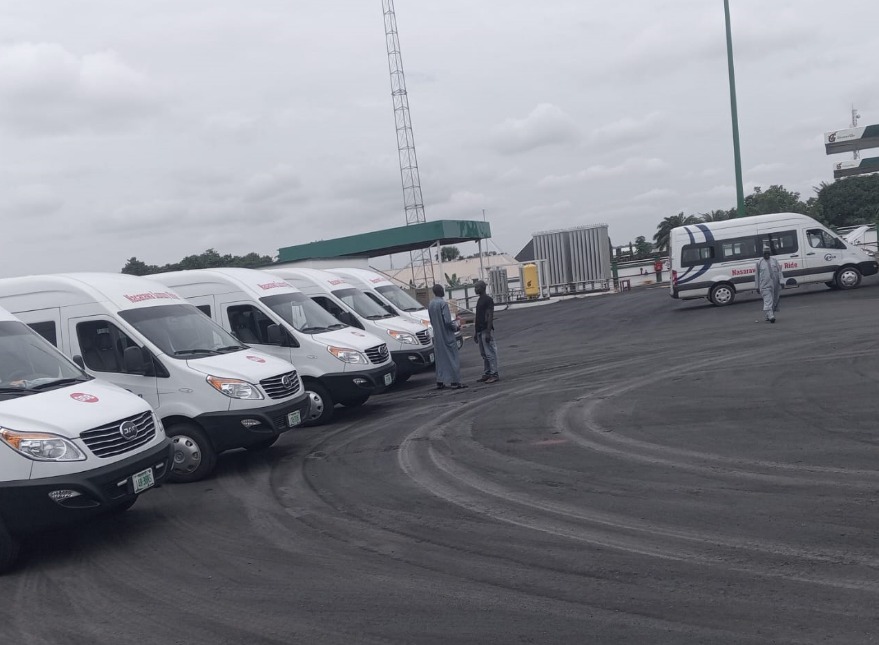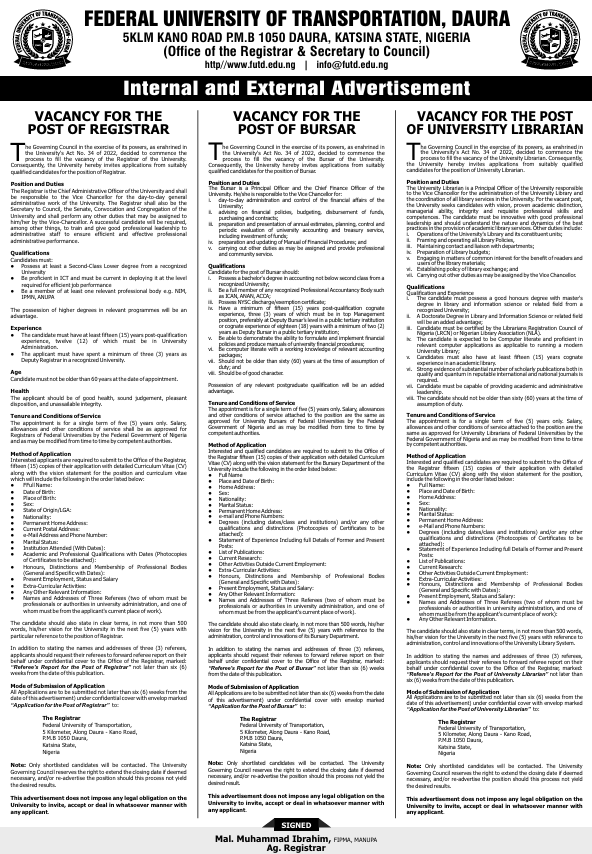In a heart-warming development for vehicular commuters and businesses in Nasarawa State, Nigeria’s leading domestic gas liquefaction and distribution company, Greenville LNG, has has started dispensing and fuelling vehicles with its more eco-friendly and cost-reducing alternative energy offering, Compressed Natural Gas (CNG), in the Nasarawa State Capital, Lafia.
With palpable excitement amongst state officials, commuters and transportation operators in Lafia, Greenville LNG has begun fuelling the newly acquired CNG-powered commuter buses of the Nasarawa State transport company, Nasarawa Luxury Ride with its CNG product at its Gas hub station in Lafia.
The Nasarawa State Government is complying with and promoting regulated global carbon emission protocols, with the purchase of CNG powered buses from JAC Motors to be used for both intra and interstate travels by the Nasarawa Luxury Ride transport company.
With more interstate commuter routes set to be launched, the Nasarawa Luxury Ride transport company currently operates two interstate travel routes: Lafia to Abuja FCT, and Lafia to Jos in Plateau State with its new CNG-powered buses being cost-efficiently fuelled by Greenville LNG.
It would be recalled that Governor Abdullahi A. Sule had during the Nasarawa State Investment Summit which held in Lafia in May emphasised the State Government’s agenda to meaningfully transit from heavy and costly fossil fuels to the use of the cleaner, more affordable and readily available Greenville LNC-CNG alternative energy sources for the industrial renaissance and economic transformation of Nasarawa State.
Sequel to the Summit in Lafia, the media had widely reported the visionary advice of Governor Abdullahi Sule to energy investors in the State the effect that “With the Greenville LNG Gas Hub Station now in Lafia, I would advise energy investors in Nasarawa State that instead of building a petrol station, they should now invest in LNG-CNG daughter stations”.
The Governor had counselled energy investors in the state to take opportunity and advantage and begin to invest in the construction of Greenville LNG’s franchised daughter stations across the State going forward.
The reasoning, it was reported, “is contingent on the fact that it is a technological reality as well as proactive commercial foresight to develop new energy businesses and related infrastructure to align with the now readily available, more affordable, and cleaner LNG and CNG offerings provided in the State by Greenville LNG, Nigeria’s pioneer domestic gas infrastructure developer”.
Governor Abdullahi Sule had given the pragmatic advice during the Energy Roundtable discussion at the Nasarawa Investment Summit which held at the Conference Hall of the Nasarawa State Government House in Lafia.
With understandable enthusiasm and excitement, both the State Government’s and senior Greenville LNG’s officials say the company’s now fully constructed LNG-CNG Gas Hub station in Lafia, even as it now operationally dispenses LNG and CNG to CNG-powered automobiles, is due for official commissioning by the Nasarawa State Governor, His Excellency Engr. Abdullahi A. Sule at the soonest convenience of key stakeholders this August.

As one Greenville LNG official puts it, “the energy transition to a more secure, cleaner and cheaper energy offering is now in Lafia with the Greenville LNG-CNG Hub station in the Nasarawa State capital.”
Greenville LNG is Nigeria’s private sector’s leading producer and distributor of LNG and CNG for the domestic market. With the company’s efficient virtual pipeline consisting of more than 600 specialized LNG-powered gas delivery trucks capable of driving about 1,200 kilometres and 1,800 kilometres without the need to refuel.
Grenville LNG from its Rumuji Gas Plant in Rivers State and from its active Gas hubs, delivers sustainable and more affordable LNG and CNG energy supplies to every part of Nigeria.
With Gas Hub stations in Rumuji, Benin, Shagamu, Koton-Karfe, Kaduna and now Lafia, Greenville is working progressively to open 25 Hubs to enable the delivery of cleaner, more cost-efficient and more readily available LNG and CNG fuels for homes, the automotive industry and other industrial concerns, and for independent power plants outside the national power grid across the geo-spatial and economic spectrum of country.












